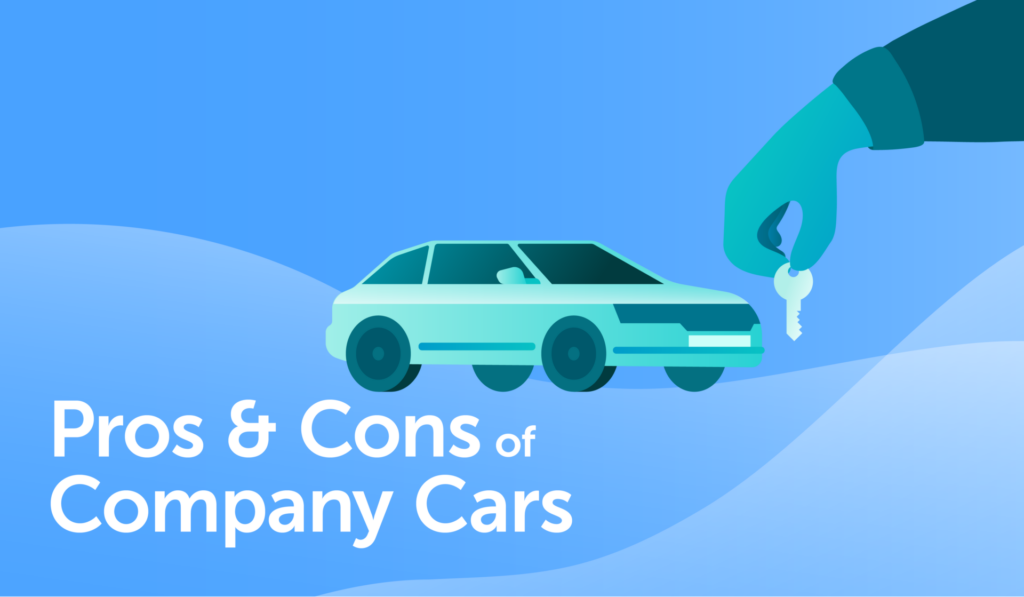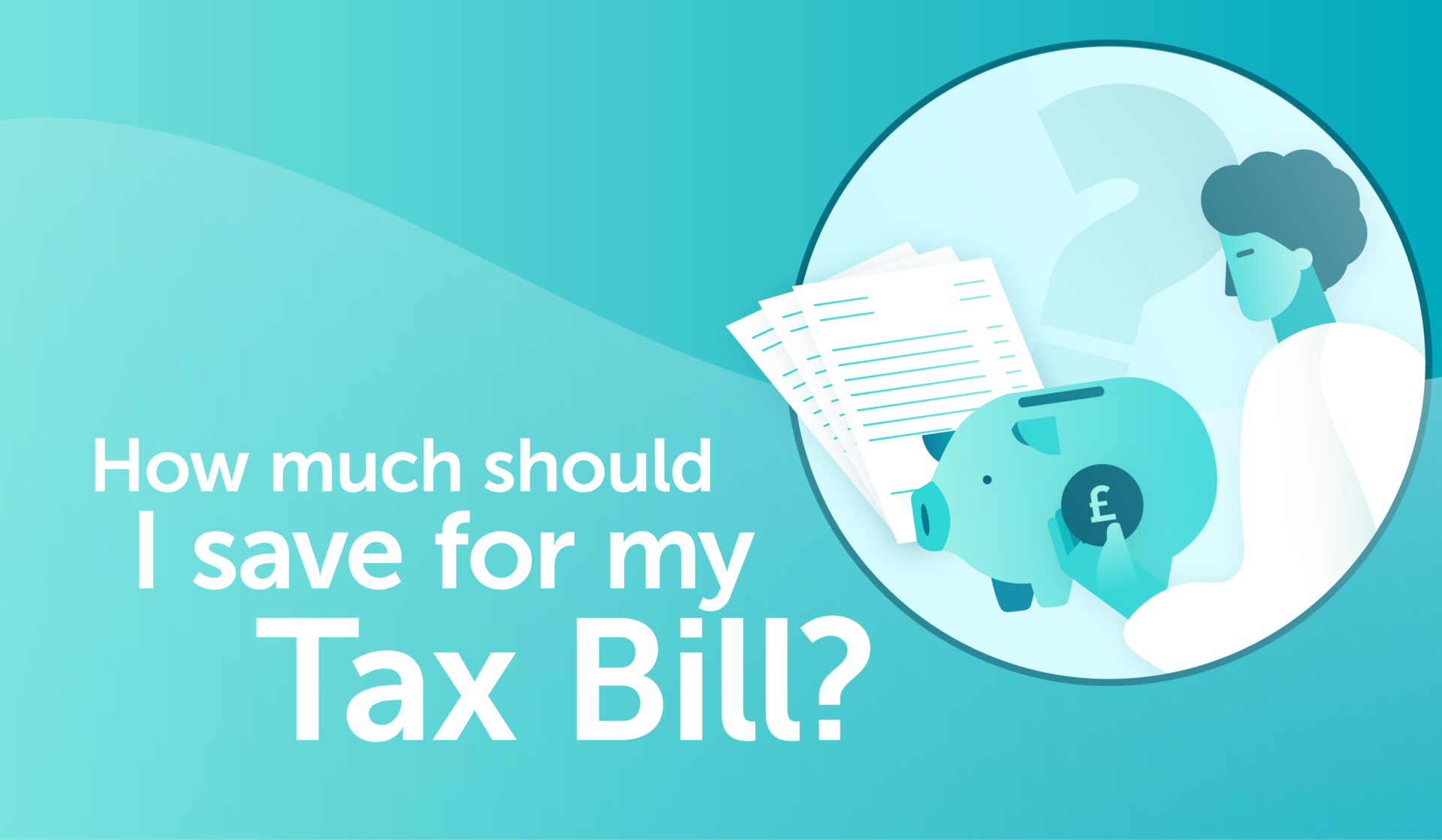
Pros and Cons of Company Cars
Company cars have long been a sought-after benefit for employees in the UK. They offer convenience and prestige, allowing professionals to drive a brand-new vehicle without the financial burden of ownership. However, the advantages of having a company car must be weighed against the associated tax implications. In this blog, we will explore the pros and cons of company cars for both employees and employers in the UK, with a particular focus on the tax rates for different types of vehicles.
Pros of Company Cars:
Status and Prestige: Owning a company car can enhance an employee’s professional image, as it often represents a mark of success within the company.
Cost Savings: Company cars are typically provided with maintenance, insurance, and fuel costs covered by the employer. This can result in significant savings compared to owning and maintaining a personal vehicle.
Newer, Safer Vehicles: Employers usually offer the latest models, ensuring employees have access to advanced safety features and improved fuel efficiency.
Reduced Emissions: Many companies are investing in greener fleets, promoting environmental responsibility.
Cons of Company Cars:
Tax Implications: The most significant drawback of company cars is the tax implications for both employees and employers. The tax rates depend on several factors, including the car’s CO2 emissions, its list price, and personal usage.
Benefit-in-Kind (BIK) Tax: Employees must pay Benefit-in-Kind tax on their company cars. The rate is determined by the car’s CO2 emissions and its list price. This can be a substantial financial burden for high-earning employees.
Administrative Complexities: Employers must handle complex tax reporting and calculations for each company car provided, adding an administrative burden.
Mileage Limits: Company cars are often subject to mileage restrictions.
Navigating Tax Rates:
To make an informed decision about company cars, both employees and employers should understand how tax rates are applied. Here’s a basic breakdown:
CO2 Emissions: The lower the CO2 emissions of the company car, the lower the BIK tax rate. Electric and hybrid vehicles often have a reduced tax liability.
List Price: The higher the list price of the car, the higher the BIK tax rate. Choosing a more affordable company car can result in lower tax costs.
Employer National Insurance Contributions: Employers are subject to Class 1A National Insurance contributions based on the BIK value. These contributions can be significant for employers.
Company cars can be a valuable benefit for employees. However, the tax implications in the UK are substantial and should not be underestimated. Employees need to carefully consider their tax liabilities, while employers must navigate the administrative complexities of providing company cars. It’s essential for both parties to weigh the pros and cons, considering tax rates for different types of cars, before making a decision. Additionally, staying informed about changes in tax legislation and promoting greener, more efficient vehicle choices can help mitigate some of the downsides associated with company cars in the UK.
(E) enquiries@advaloremgroup.uk (T) 01908 219100 (W) advaloremgroup.uk







